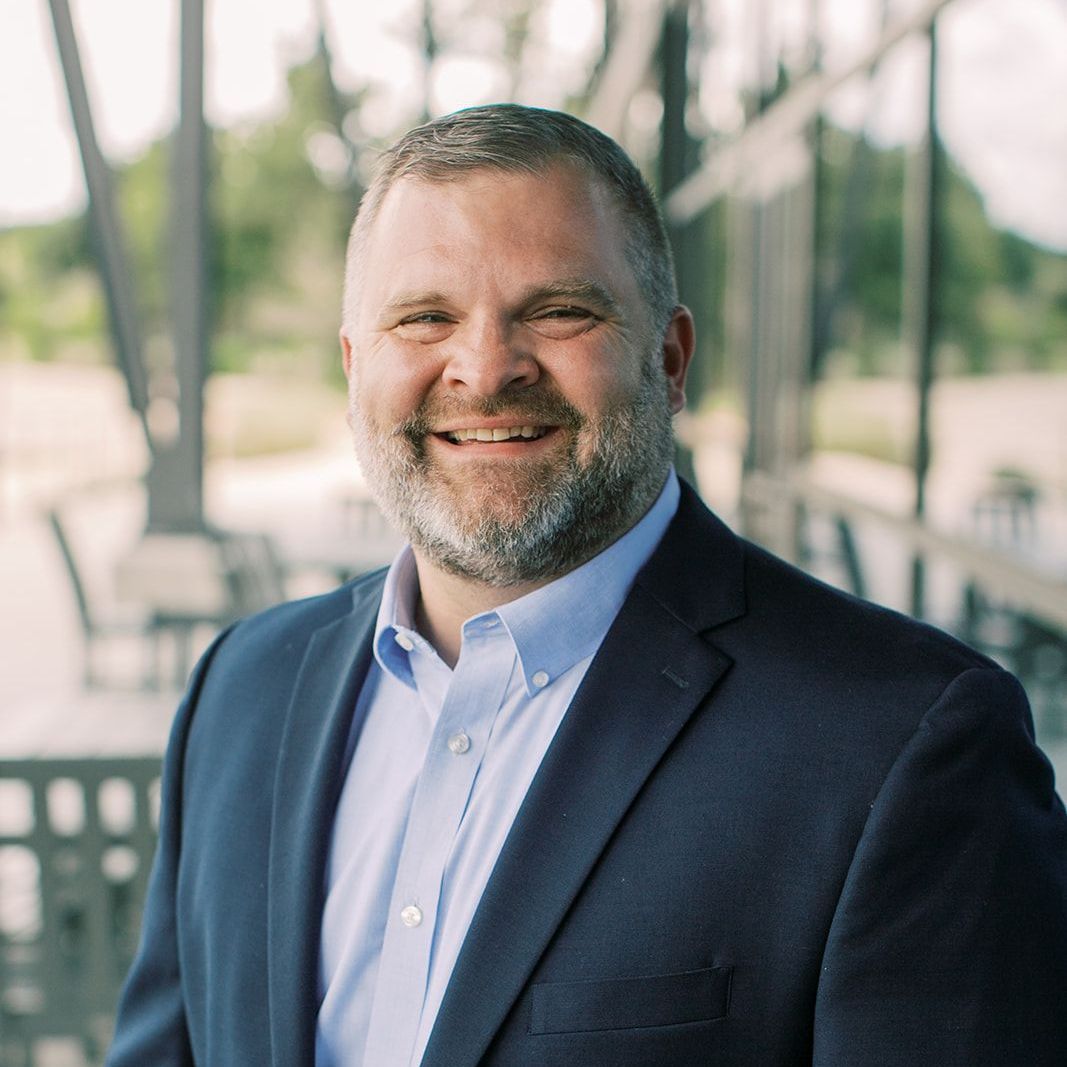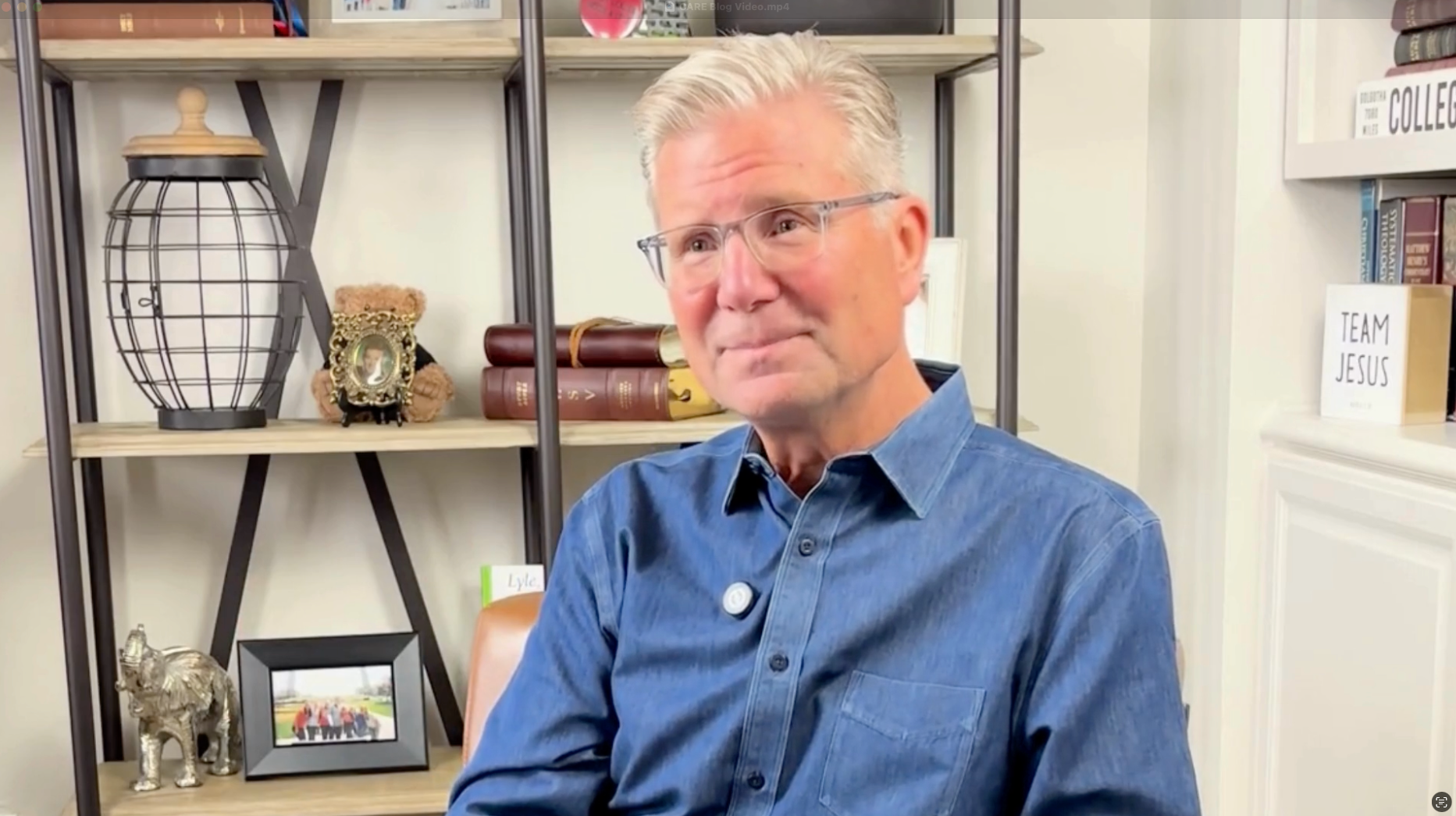info@integrus.org
5 Lessons I Learned The Hard Way as an Executive Pastor

Adam Hatton
Stepping into, or leading through, the role of an Executive Pastor (XP) can be one of the most challenging yet rewarding positions in ministry leadership. If you're navigating this path, you’re likely familiar with the mix of excitement and apprehension that comes with leading at this level.
Reflecting on my journey, there are several lessons I wish I had known before taking on the role of an XP. Here are the five key insights that would have significantly impacted my time as an executive pastor.
1. Understand the Culture Before You Step In
One of the most significant challenges I faced when becoming an Executive Pastor was understanding the culture I was stepping into. Having served in ministry for 18 years prior, I thought I had a good grasp of church culture and dynamics. However, I quickly realized that every church has its unique DNA, shaped by history, legacy events, and unwritten rules that aren’t immediately apparent.
Before stepping into the role, I wish I had asked more specific questions during the interview process. Clarity is a leader's best friend, and understanding the unspoken norms and traditions of the church could have saved me from many initial missteps.
It’s crucial to gather as much information as possible about how things were done before, why they were done that way, and how the congregation and staff feel about those practices. This understanding allows you to navigate changes more effectively, knowing when to push forward and when to proceed with caution.
Reflection Questions:
- How can I gain a deeper understanding of a church's culture and unspoken norms?
- How can I effectively gather insights about the church's history and traditions?
2. Be Prepared for a Crash Course in Church Business
Most Executive Pastors come from a background rooted in ministry, with a strong focus on shepherding and spiritual leadership. While these are critical aspects of the role, the XP position also demands a robust understanding of the business side of the church—something I had to learn quickly.
Also, realize when stepping into a new church that each church does administration a little differently and you need to be knowledgable enough to adapt to a new system and understand it well enough to eventually make necessary changes.
If I had known the extent to which I would need to be well-versed in financial management, human resources, and organizational leadership, I would have spent more time preparing in these areas before stepping into the role. The church, after all, is not just a spiritual entity but also a complex organization that requires sound business acumen to thrive. Understanding budgets, strategic planning, and legal considerations are essential skills that can make or break your effectiveness as an XP.
Reflection Questions:
- What aspects of church business (e.g., financial management, HR, legal considerations) do you feel least prepared for, and how can you develop these skills?
- How do you balance spiritual leadership with the need for strong business acumen?
3. The Surprising Challenge of Time Management
One of the most surprising aspects of becoming an Executive Pastor was how much my time would be fought over by various staff members and ministry areas. I expected to have a full schedule, but I underestimated the extent to which my time would be split across multiple urgent and competing needs.
Initially, I had 14 direct reports, and managing them all while maintaining the same level of energy and intentionality was overwhelming. I wish I had recognized sooner the importance of creating a tiered leadership structure that allowed for fewer direct reports, enabling me to focus more deeply on high-priority areas. This would have also freed up time for strategic thinking and long-term planning, rather than being constantly consumed by the day-to-day demands.
Time management isn’t just about managing your calendar; it’s about discerning what truly deserves your attention. Learning to prioritize high-value activities over urgent but less impactful tasks is critical. It’s easy to confuse busyness with effectiveness, but as an XP, your goal should be to focus on what drives the mission of the church forward in the most significant way.
Reflection Questions:
- What strategies can I implement to prioritize high-value activities over urgent but less impactful tasks?
- How can I create a tiered leadership structure to reduce the number of direct reports and improve your focus on strategic planning?
4. You Can't Do It All—And You Shouldn't Try To
Early in my role, I fell into the trap of thinking I could handle everything. I thought I was capable of managing all my responsibilities and that having a large number of direct reports was a sign of my competence. That was a mistake.
Not only is it unsustainable to try to do everything yourself, but it also hinders the development of other leaders on your team. Delegating tasks isn’t just about lightening your load—it’s about empowering others to grow in their roles and take on more responsibility. I needed to discern not only what I could do but also what I should do.
Just because you’re capable of handling something doesn’t mean you’re the best person to do it. Your time and energy are finite resources, and they should be invested in the areas where you can have the most impact.
By spreading yourself too thin, you risk burnout—not just for yourself, but also for your most capable staff members, whom you might inadvertently overburden with tasks outside their primary roles. Transparently, this was a major blind spot for me until my best and brightest employees let me know they were starting to feel overwhelmed and were experiencing burnout.
Stay proactive with this skillset or you will learn the hard way like I did. Learning to let go and trust others to handle important responsibilities is a crucial step in becoming an effective XP.
Reflection Questions:
- How do I decide what tasks to delegate, and how I you empower my team to take on more responsibility?
- What are the risks of trying to do everything myself, and how can I avoid spreading myself too thin?
5. Serve Your Senior Pastor by Staying Ahead
One of the most important roles of an executive pastor is to support and serve the senior pastor. The senior pastor carries the weight of vision casting, sermon preparation, and leading the congregation spiritually. As an XP, your job is to ensure that they can focus on these critical tasks without being bogged down by operational concerns.
I quickly learned that the best way to serve my senior pastor was to stay ahead of the game. Anticipating questions and concerns before they arise, providing clear and concise updates on the progress of various ministries, and ensuring that the operational side of the church runs smoothly are all ways to reduce their stress and allow them to lead more effectively.
One indicator that you might not be doing this well is if your senior pastor starts asking random questions about various ministries at random times. This often means they’re feeling anxious about something that isn’t being communicated clearly. Proactively providing them with data and feedback about the effectiveness of your church’s ministries can help alleviate this anxiety and build trust.
Reflection Questions:
- How can I anticipate the needs and concerns of my senior pastor?
- What systems can I put in place to ensure clear and proactive communication with my senior pastor?
Executive Pastor Resources
My hope is that by sharing these lessons, I can help you avoid some of the pitfalls and set you on a path to success as an executive pastor. Additionally, I put together some free resources that will support executive pastors with actionable leadership tools:
- Free Webinar:
You're invited to join an exclusive, free webinar designed specifically for executive pastors on September 26th at Noon Central via Zoom. I'll be joined by Brent Monogue and two experienced Integrus coaches, who have all walked in your shoes as executive pastors. We'll share invaluable insights and practical strategies. Register now to reserve your spot.
- Free Download: I've created a free download that any executive pastor can use to quickly identify who your highest capacity people are, and how you can take practical steps to open wide the lines of communication with your direct reports.
Get it here.
- Video: In preparation to write this blog, I sat down with Brent Monogue to have a conversation about this topic, and we recorded it for you!
SHARE THIS POST







































